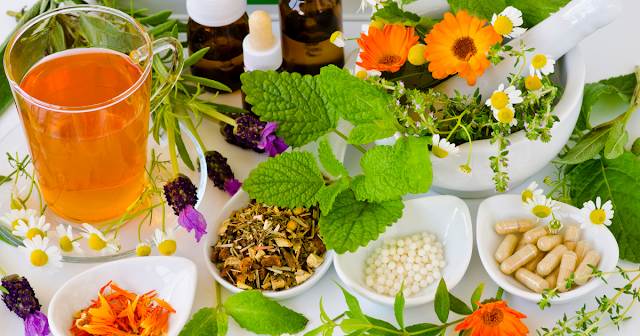Cholesterol management has become a significant concern in today's health landscape. While medications are commonly prescribed, many individuals are seeking natural alternatives to control cholesterol levels. Herbal medicines, known for their holistic benefits, have gained attention for their potential in managing cholesterol. In this article, we'll delve into the world of herbal remedies, exploring their efficacy in combating high cholesterol and how they can be incorporated into a daily routine for better health.
Understanding Cholesterol: What You Need to Know
Cholesterol, a waxy substance found in your blood, is crucial for building healthy cells. However, elevated levels of cholesterol, specifically low-density lipoprotein (LDL) cholesterol, often termed as the "bad" cholesterol, can lead to plaque buildup in arteries, increasing the risk of heart disease and stroke.
Types of Cholesterol and Their Impact on Health
There are two primary types of cholesterol: LDL (low-density lipoprotein) and HDL (high-density lipoprotein). While LDL contributes to plaque buildup, HDL works to remove cholesterol from the bloodstream. Maintaining a balance between these two is essential for overall health.
Herbal Remedies for Managing Cholesterol
1. Garlic: Nature's Cholesterol Fighter
Garlic, renowned for its culinary uses, also boasts cholesterol-lowering properties. Its active compound, allicin, helps reduce LDL cholesterol levels and may inhibit the body's production of cholesterol.
2. Turmeric: A Potent Anti-Inflammatory Agent
Curcumin, the key component in turmeric, exhibits potent anti-inflammatory properties that may aid in reducing cholesterol levels. Its antioxidant properties also support heart health.
3. Ginger: Balancing Cholesterol Levels
Ginger contains compounds that may positively impact cholesterol levels by lowering LDL cholesterol and triglycerides, contributing to better heart health.
4. Hawthorn: Supporting Heart Health
Hawthorn has been traditionally used to support cardiovascular health. It may help lower cholesterol and blood pressure levels, benefiting overall heart function.
Incorporating Herbal Medicines Into Your Routine
When considering herbal remedies for cholesterol management, it's crucial to do so under guidance.
Tips for Safely Using Herbal Medicines
- Consult a Healthcare Professional: Before incorporating herbal medicines, consult with a healthcare provider, especially if you're already on prescribed medications.
- Start Slowly: Introduce herbal remedies gradually to observe how your body responds.
- Quality Matters: Ensure you source herbs from reputable sources to guarantee quality and safety.
Consulting a Healthcare Professional
While herbal medicines show promise in managing cholesterol, they are not a substitute for prescribed medications. Consulting a healthcare professional is essential to create a holistic approach that complements your overall treatment plan.
Conclusion
Herbal medicines offer potential in managing cholesterol levels naturally. Incorporating herbs like garlic, turmeric, ginger, and hawthorn into your routine, under proper guidance, may contribute to better heart health. However, it's crucial to consult healthcare providers to ensure safety and efficacy.
Frequently Asked Questions (FAQs)
1. Are herbal medicines safe for cholesterol management?
Herbal medicines can be safe but must be used cautiously, especially when combined with existing medications. Consulting a healthcare professional is recommended.
2. How long does it take for herbal remedies to show results in managing cholesterol?
The effectiveness of herbal remedies may vary among individuals. It's advisable to give them time and monitor their impact while maintaining a healthy lifestyle.
3. Can herbal medicines completely replace prescribed cholesterol medications?
Herbal medicines should not replace prescribed medications without consulting a healthcare professional. They can be used as complementary support.
4. Are there any side effects of using herbal medicines for cholesterol?
While generally considered safe, some herbal remedies may have side effects or interact with medications. Consulting a healthcare provider is crucial.
5. Where can I find high-quality herbal medicines for cholesterol?
Reputable health stores, certified online vendors, or herbalists can provide high-quality herbal medicines. Ensure proper research and verification of sources.




0 comments:
Post a Comment